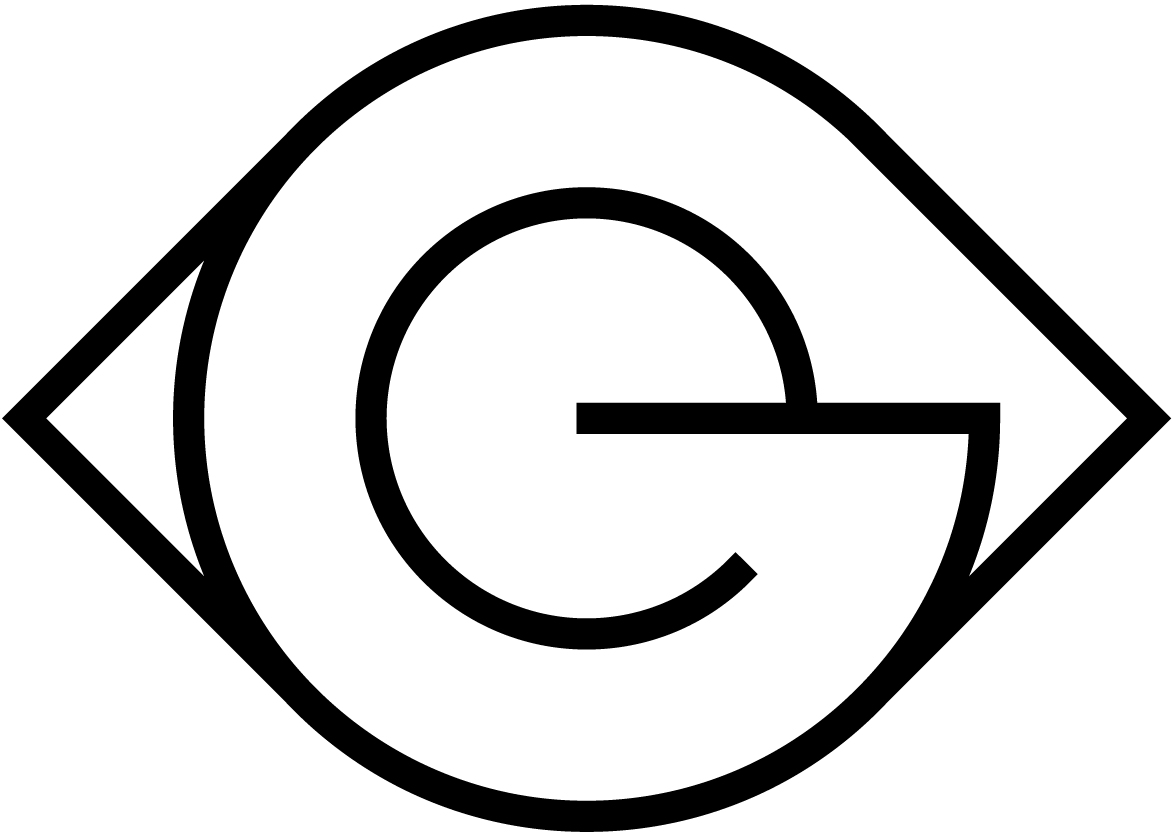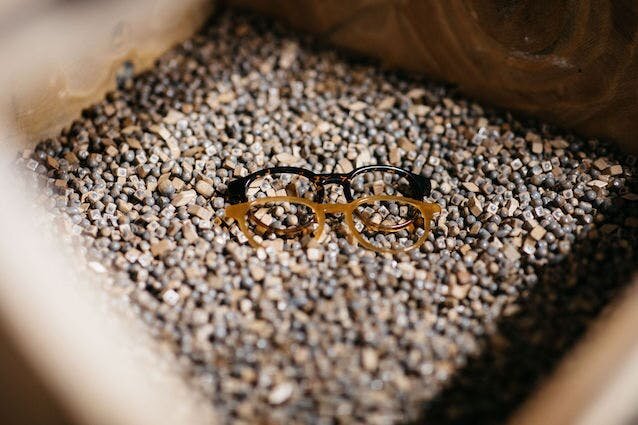While the French know how was being challenged…Atelier Particulier is born!
The Inuit were the first ones to wear sunglasses. But at the time, they were made of two wooden shells, with simple slits in the middle. Glasses as we know them today are the result of a thousand years of know-how. This know-how has been forged over time, over technological improvements.
The 1970s saw a growing relocation of production workshops. It competes with the Jura basin. So, the eyewear expertise is hit hard. Taiwan, Hong Kong, and even Japan offer models that are half the price. This decline was further accentuated in the 1980s, with the opening up of trade to China. The first large houses left the ship for China, where production costs were lower. Some workshops have been forced to relocate part of their production. The machines that were sent there were copied.
At the same time, Chinese workers have been trained by workshops or large houses in order to save time. And this is how Asia appropriated this century-old know-how in barely a decade. A performance, it must be recognized. This is in this context that Atelier Particulier is born.
Some historical facts
Did you know that French glasses almost disappeared? To recap: in the 1980s, two options were available to those involved in the trade:
Outsourced manufacturing
Manufacture the glasses in the Jura region (in France).
In this battle, Asia quickly gained ground which it conquered on France. The numbers speak for themselves: in the 1970s, 10,000 people worked to make French-made glasses. In a few decades, their number has been divided by 5: there are now only 2,000… Needless to say that, at the time, the French eyewear expertise is threatened. They are few, now, to support the industry in France: Jérôme Lempereur will be able to testify. His family is one of those who saved this know-how.
Jean Lempereur, a man driven by know-how
The whole story of Lempereur begins in a barn. At the time, Jérôme’s father, Jean, was an optician. And he draws up an observation: on the market, no glasses correspond to the requirements of his customers or his own. The glasses are not durable enough, nor modern enough.
His mission is to offer French-made glasses to his customers. So he made the bold choice to manufacture his own glasses, mastering the process from the first to the last link in the chain.
When it started operating in 1969, it was still possible to obtain supplies from the Jura workshops. But very quickly, relocations are such that to obtain those supplies becomes materially impossible. There are no longer enough Jura eyewear workshops to supply him. If Jean Lempereur wants to preserve his know-how, he must find a solution: it will be what is called “the verticalization of the industry”. At Évreux, he builds a glasses factory from start to finish: the various stages of making the product are carried out there.
Atelier Particulier is born
The strategy worked! A few years after having started its activity in a barn, the clientele is there: 30,000 frames per month are produced to meet demand. Jean Lempereur is no longer just the name of a small Norman optician: it becomes a brand name that the great couturiers are snatching up. In the 1980s, Balmain, Valentino, Sonia Rykiel, and even Yves-Saint Laurent called upon him. They are seduced by the rare materials he works with: wood, tortoiseshell, or buffalo horn.
Actetate is a material derived from wood. It is THE best material in eyewear.
Most importantly, they appreciate the creative possibilities offered by acetate. Unlike other materials like horn, acetate can mold itself. Its ease of shaping allows it to give original shapes, while it offers a wide range of colors: from bright red to jet black through the tortoiseshell. The French brand quickly established itself internationally, thanks to this original know-how and to the modernity of the products offered.
Today, Jérôme Lempereur, an optician like his father, continues to manage the Jean Lempereur network of opticians. In the meantime, Jean’s workshop has changed owners, but the know-how has remained intact. By the way, proof of it is: the foreman remained the same. Passionate, he has been practicing his profession for several decades in this Norman workshop! And today, for Atelier Particulier!
A modern brand that adapts to its time
Between 2015 and 2017, almost a dozen new brands migrated their French manufacture of 100% acetate frames or metal/acetate combinations in France. 2018 is part of the dynamics of innovation and investment:
Extension of premises
Implementation of two 5-axis digital centers, one for prototypes, the other for the production of fronts
Integration of a laser center for cutting and marking
New assembly line.
These investments make it possible to increase production capacity and thus speed up our reactivity. In 2019, to support the increase in production, 4 new barrel batteries are coming into operation.
The wooden barrels are filled with small balls (often wooden) which sand the acetate for long hours. For an ultra soft touch!
2020, their factory receives the Origine France Garantie certification. This label attests to the real manufacturing of your glasses on their site. It is periodically checked and certified by the AFNOR organization.
After spending 25 years in IT, Atelier Particulier wanted to take over a company with strong know-how. Few people know that they have almost all models of glasses made for over 30 years! Drawings of major brands or disappeared brands ... Some of their works at the design office would be worthy of appearing in a museum. They call it our treasure.
With this sunglass, Atelier Particulier offers a pair made in France for less than 100
€
. Universal shape (matching 90% of faces), thicker & resistant acetate, lenses from Carl Zeiss Vision (anti-reflective and anti-scratch), ultra-hinge solid, ergonomic pads for total comfort.
Impacts of the coronavirus
At the start of the crisis, Atelier Particulier decided to increase their stocks of acetate. In Italy, even after the start of containment (staying at home measures), the factories were still active. On March 17, Atelier Particulier claimed to have received 300kg of additional acetate. It is an investment, but it allowed them to have enough material for about 1 and a half months.
Thierry, one of the directors said “It was important to do this because as an entrepreneur, we have a civic and economic responsibility”. In France, many people were fighting to keep jobs and know-how at the time. So it made sense, to them, to adopt the same attitude.
Written by Adam



